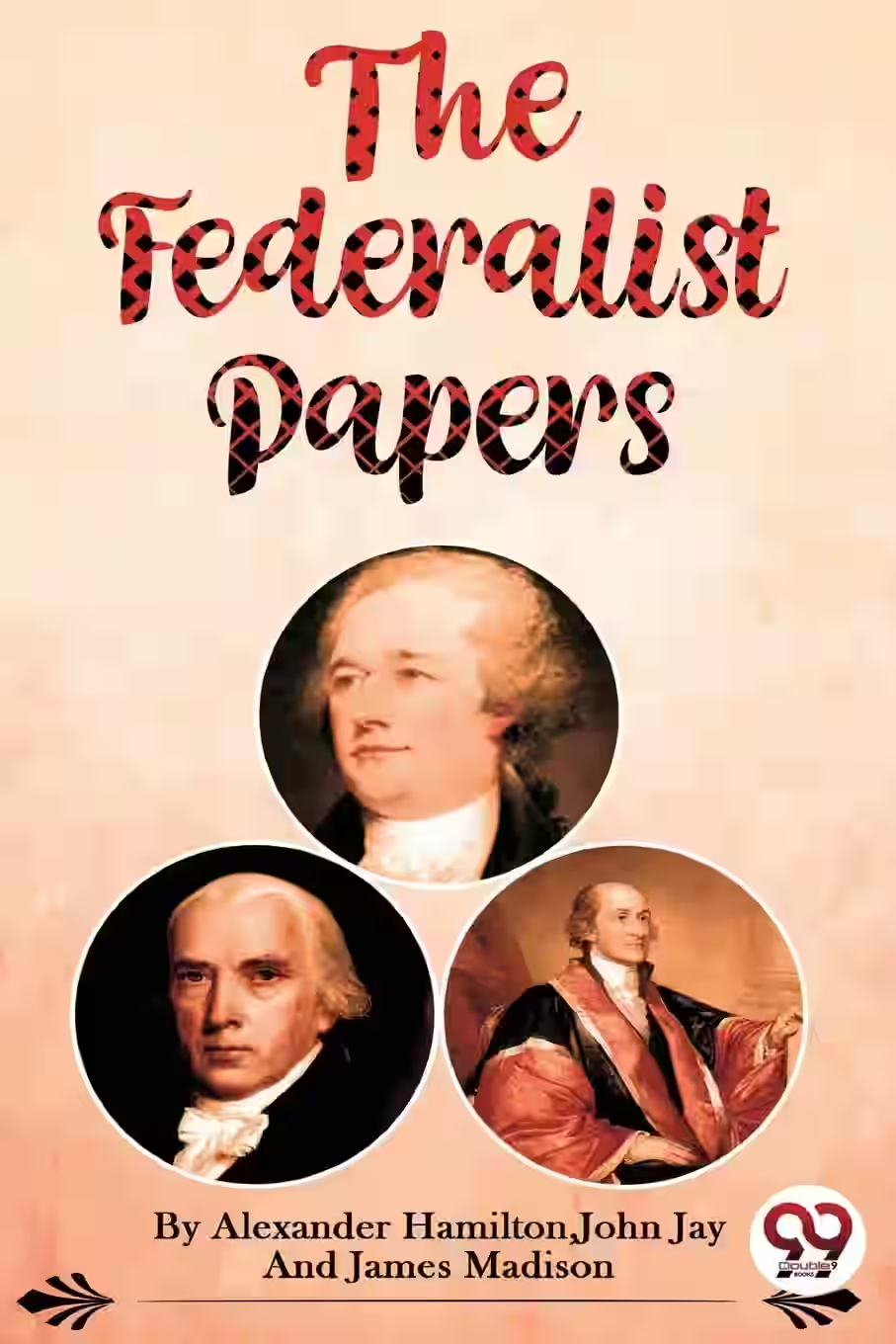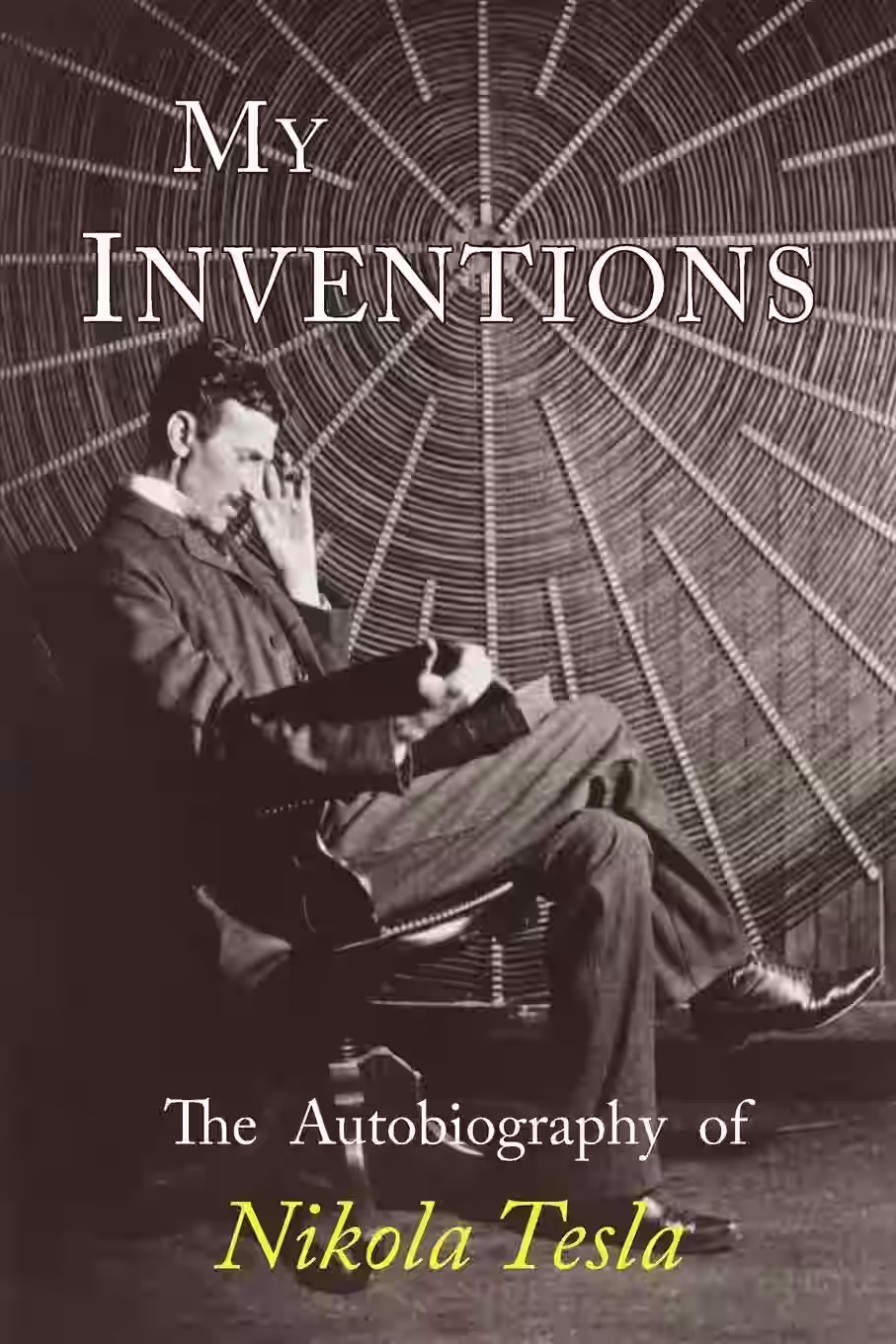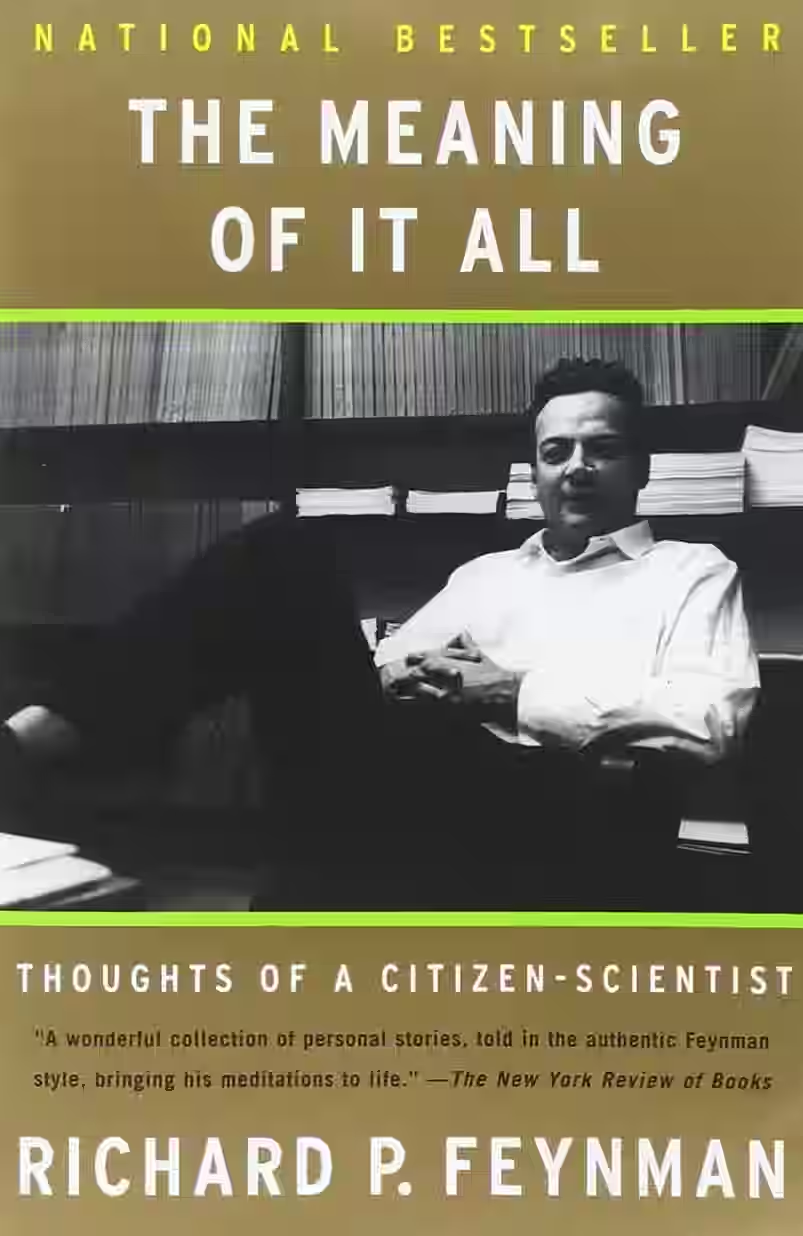
In 'The Federalist Papers,' a collection of essays penned by Alexander Hamilton, James Madison, and John Jay, the authors fiercely advocate for the ratification of the United States Constitution, defending its principles and addressing concerns about its implementation. Touching on key themes like the benefits of a strong central government, the importance of checks and balances, and the dangers of factions, this influential work laid the groundwork for interpreting the Constitution and understanding the intentions of the framers. With eloquent arguments and profound insights into political philosophy, 'The Federalist Papers' remains a vital resource for students of American history and government.
About Alexander Hamilton
Alexander Hamilton (1755-1804) was a founding father of the United States, a key figure in the Federalist Party, and the first Secretary of the Treasury. Born in the West Indies, he immigrated to the American colonies and played a crucial role in the formation of the new nation. Hamilton is best known for his contributions to 'The Federalist Papers,' a series of essays advocating for the ratification of the U.S. Constitution. His influential writings and speeches helped shape American political thought and policy. Despite his untimely death in a duel with Aaron Burr, Hamilton's impact on American literature and political discourse endures to this day.
About James Madison
James Madison, known as the “Father of the Constitution,” was the fourth President of the United States (1809–1817) and a key architect of American democracy. He played a central role in drafting and promoting the U.S. Constitution and the Bill of Rights. Alongside Alexander Hamilton and John Jay, Madison co-authored The Federalist Papers, advocating for the Constitution’s ratification. As Secretary of State under Thomas Jefferson, he helped oversee the Louisiana Purchase. His presidency included the War of 1812, which tested the young nation’s resilience. Madison’s legacy lies in his commitment to balanced government, civil liberties, and the foundational principles of republicanism.
About John Jay
John Jay was an American statesman, diplomat, and Founding Father who played a pivotal role in shaping the early United States. He served as the first Chief Justice of the U.S. Supreme Court (1789–1795), where he helped establish foundational judicial principles. Jay was also a key author of The Federalist Papers, alongside Alexander Hamilton and James Madison, promoting ratification of the Constitution. As a diplomat, he negotiated the Treaty of Paris (1783), which ended the Revolutionary War, and later the Jay Treaty (1794) with Britain. His leadership extended to state politics as governor of New York. Jay championed unity, order, and justice.
Similar Books

A Mathematicians Apology
by G.H. Hardy
In this reflective essay, esteemed mathematician G.H. Hardy defends pure mathematics, emphasizing its intrinsic beauty over practical applications. Written during his later years, Hardy offers insights into the creative process of mathematical thought and the aesthetic pleasure derived from abstract reasoning. The work serves as both a personal memoir and a philosophical treatise, highlighting the enduring value of intellectual pursuits for their own sake.

My Inventions: The Autobiography of Nikola Tesla
by Nikola Tesla
Nikola Tesla (1856–1943), a visionary of the electronic age, pioneered much of modern electrical and communication systems. His groundbreaking work included the alternating-current system, radio, the Tesla coil, wireless transmission, and fluorescent lighting. Despite his monumental contributions, Tesla's genius was often misunderstood, leading to others being credited for his innovations. This volume, originally a 1919 magazine series, offers Tesla's own account of his life, from his Croatian boyhood and European education to his collaboration with Edison and his subsequent revolutionary research. Written with wit, his memoir provides fascinating insights into the mind of a true scientific pioneer, covering his early life, inventions, and key discoveries like the rotating magnetic field and telautomatics.

The Meaning of It All
This collection of three lectures by Nobel laureate Richard Feynman explores the relationship between science, religion, and society. Feynman discusses the value of doubt, the importance of scientific integrity, and the challenges of communicating scientific ideas to the public. His reflections offer a candid and insightful perspective on the role of science in understanding the world and addressing human concerns.

Surely You're Joking Mr Feynman
This warm and insightful portrait captures the wisdom, humor, and boundless curiosity of Nobel Prize-winning physicist Richard Feynman through intimate conversations with his friend Ralph Leighton. Beyond his groundbreaking theoretical work, Feynman was a man of adventure – an artist, safecracker, practical joker, and captivating storyteller. His life, fueled by high intelligence, unyielding curiosity, and healthy skepticism, was a series of remarkable experiences. These recorded conversations, transcribed with minimal alteration, offer a wise, funny, passionate, and utterly honest self-portrait of one of the 20th century's most brilliant and engaging minds.